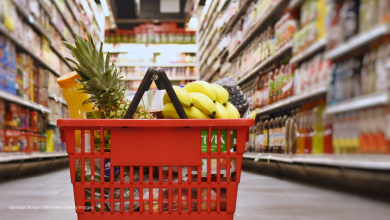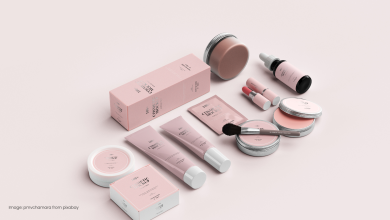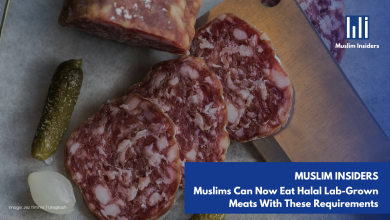
Halal is now seen as a mark of high quality and a healthy lifestyle choice, not just something for religious reasons. According to the Halal Cosmetics Market, the halal cosmetics market is projected to reach USD 127.8 billion by 2033, growing at an average rate of 11.6% between 2023 and 2033. Only last year, in 2023, the Asia-Pacific region led the market, holding 64.87% of the total market share.
What is Halal cosmetic?
Halal cosmetics are beauty products made with ingredients and processes that follow Islamic guidelines. This includes avoiding animal ingredients, harmful chemicals, impure or najis ingredients, and alcohol, while ensuring ingredients are safe and non-toxic. The products must also be sourced ethically, respecting environmental sustainability and fair labor practices.
Why Halal Beauty is a Growing Market
- Rising demand for product quality and safety: With a growing Muslim population globally, there is a significant demand for products that are chemical-free and made from natural ingredients, according to the report. Halal products are not just favored by Muslim consumers but also by non-Muslims who prefer safe and high-quality beauty products.
- Ethical Appeal: Halal products often align with broader ethical trends in the beauty industry, such as cruelty-free and vegan products. This wider appeal can increase market share and attract diverse consumer bases.
- Regulatory Compliance: Halal certification ensures adherence to strict quality and safety standards, which can enhance brand credibility and consumer trust.
Popular Halal Cosmetic Brands
Brands that have successfully tapped into the halal beauty market set examples of how you can combine halal certification with high-quality beauty products. They prove that you can create beauty items that meet halal standards while still being excellent and popular with consumers. According to Polaris Market Research, some of the top halal cosmetic brands mentioned are Amara Cosmetics, Ivy Beauty and Wardah Cosmestics.
Entrepreneurial Opportunities in Halal Beauty
- Product Development: Innovate by creating unique halal-certified products that cater to specific beauty needs. Consider developing lines that address issues like acne, aging, or sensitive skin using halal ingredients. Businesses could also set Korean skincare ranges as examples of opportunity. Korean skincare brands are known for their innovation and global popularity.
- Sourcing and Supply Chain: Establish ethical sourcing practices that ensure all ingredients meet halal standards. This can include partnerships with halal-certified suppliers and transparent supply chain management.
- Marketing and Branding: Aligning with today’s trend and collaborating with influential figures like the influencers could drive awareness of halal cosmetics. Highlight the ethical and clean aspects of halal beauty in your marketing campaigns. Educate consumers about the benefits of halal products and how they align with broader wellness and ethical trends.
How do you ensure the cosmetic products are halal?
- Certification: Obtain halal certification from recognized bodies, such as JAKIM in Malaysia. This provides assurance to consumers about the integrity of your products.
- Ingredient Transparency: Be transparent about your ingredient lists and sourcing practices. This builds trust and credibility with consumers.
Conclusion
Embracing halal skincare and makeup is more than a compliance measure; it’s a strategic opportunity for entrepreneurs or businesses to tap into the growing market. It will enhance the brand’s reputation and contribute to ethical consumerism. By focusing on innovation, ethical practices, and transparency, entrepreneurs can thrive in the halal beauty industry and make a positive impact on consumers’ lives.




